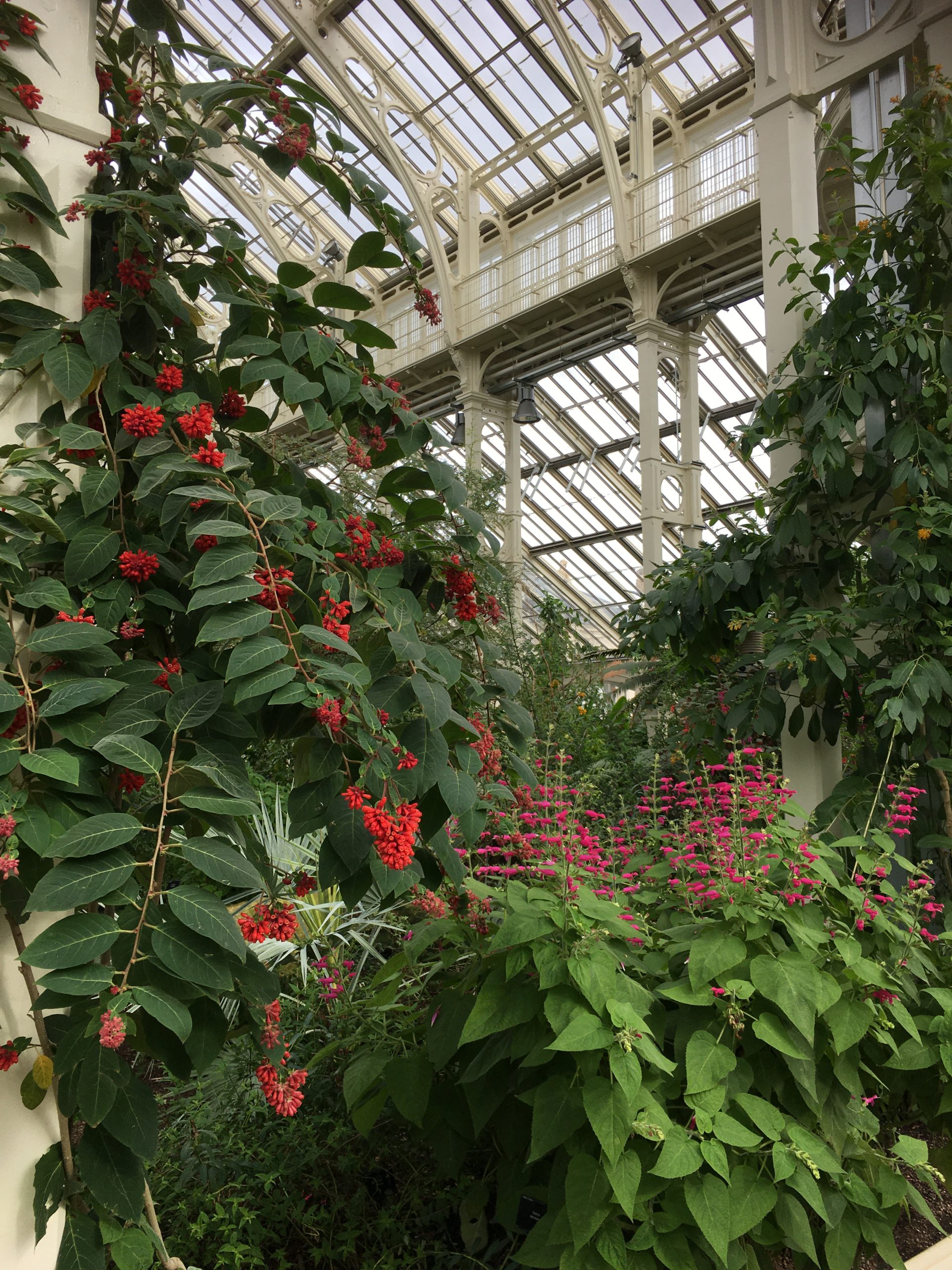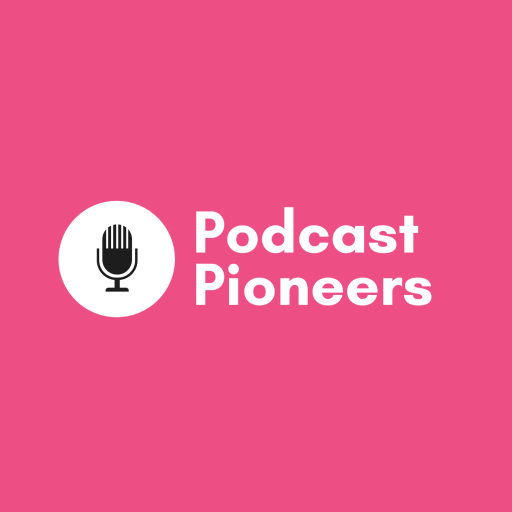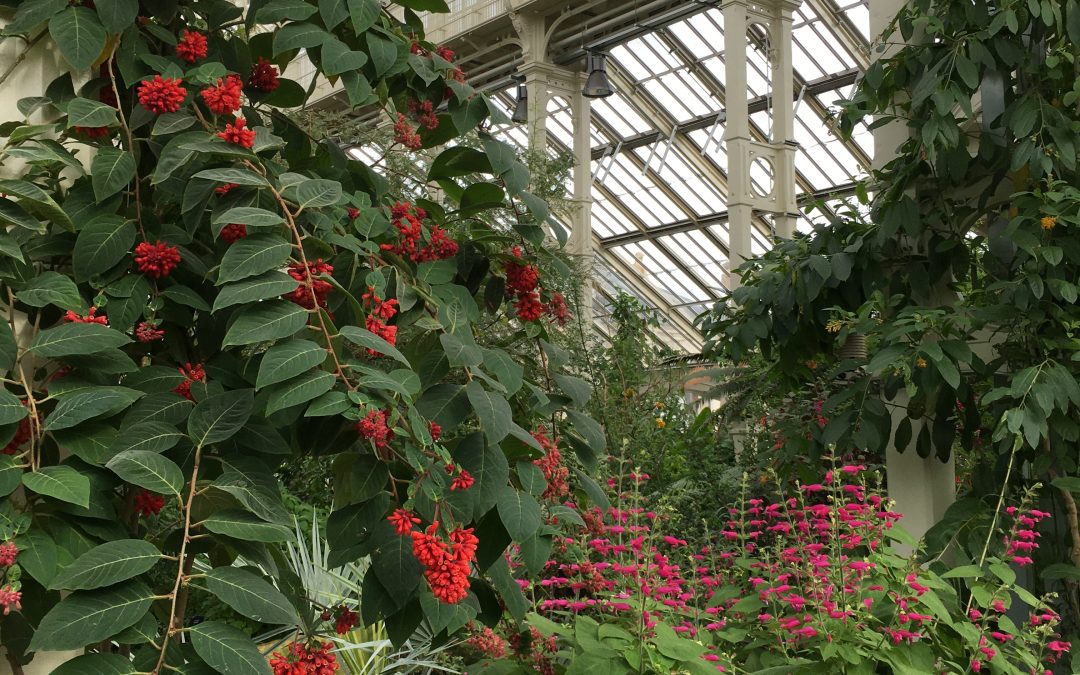Why use podcasting to raise public engagement with research, campaign and social issues?

Is it possible to confront the crises of biodiversity loss and climate change before too many more species go extinct? Yes. In a word. Yes, there’s hope.
Making the third series of Royal Botanic Garden Kew’s podcast, Unearthed, has been a labour of love. Working with the team, scientists and partners across the planet to understand and disseminate stories of important plant and fungal research has again been a privilege.
Podcasting presents a hugely valuable medium to research bodies, charities, thinktanks and fourth sector organisations seeking to disseminate ideas, raise the profile of important issues and to add public pressure to campaigns, policies and governance.
Presenting potentially world-changing research with balance, depth and credibility first-hand is an attractive opportunity to any organisation seeking to lead the conversation in the era of misquotes, soundbites and fake news.
Working on Unearthed: Nature needs us, through production partners Fresh Air Media has made my transition back to work from maternity leave a joy and, with the fresh perspective of a new human life on my hands, a personal endeavour too.�
At the core of the series is a focus on biodiversity and the health of our planet’s ecosystems. It is impossible to disconnect our Earth’s future wellbeing from the important scientific research and conservation work going on in this space. Whether that focus is the health of our soils, the complexity of migratory wildlife or supporting our plants and fungi to thrive through the nutrition of our landscapes and pollinators, science is integral to helping future generations to thrive. My son. Your daughter. Our grandchildren.�
Collaborating closely with Kew, we chose an ambitious approach of exploring this through a tour of nature’s systems at different scales. “From soil to sky” as my colleague Izzie neatly summed it up. Plant science and mycology provide a prism through which we can understand the connectivity of tiny microbes, all the way through to climatic phenomena. Plant life gives us a language for life on earth through time, and how we all depend upon increasing and supporting its biodiversity.
On the human scale the series touches upon economies, inequalities, societies, communities, exploitations and histories to empower a young cohort of listeners with choice and knowledge. It separates this from the work that is required on a governmental and international partnerships level.
As individuals we cannot be responsible for fixing everything; this risks removing our sense of agency altogether. By disseminating the research correctly, we can help individuals understand how decisions made by governments impact us all directly, and thus make policy personal for more people.
This is why podcasting is such a powerful tool for charities or organisations working in the fourth sector: an editorially well-considered, well-researched and well-marketed publication, in the right tone, is what we’ve aimed to achieve. This can have enormous power to spark ideas, knowledge and conversation amongst audiences who might not otherwise read the scientific paper.
Raising questions about society and policy during an election period has of course added a layer of editorial checks and balances, and yet without much alteration to our output. Because election or not, balance is always essential when presenting research in human terms. For example, we touch upon the sustainability of commercial mining and agriculture in our series; both things which if done poorly can have devastating impacts for people and environments. But our existence relies upon some level of extraction and utilisation of the land. There are communities around the world that have been living sustainably with incredibly biodiverse landscapes and wildlife for generations: what can we learn by listening to previously marginalised voices instead?
We also explore the issue of space in terms of future conservation. Acknowledging that the human population is expanding with inevitable consequences for consumption, settlement and urban development, we consider how trees can help us create urban “meadows in the sky” and how farmland and soil science can be used regeneratively to yield crops and support nature.
These are not questions for you and I to tackle on the weekly shop, of course, but those for governments around the world who must decide how to deploy the countless new findings that science offers us into making policies that allow human and nature to coexist and thrive.
Some hot issues on the table, but I hope that this series leaves the listener with no doubt that nature does not need politics: it needs collaborative action, consideration and forward-thinking from people and communities at all levels. What’s more, if we really listen, the great research and international specialisms of partners all around the world can offer hope that it is possible to make a difference to the challenges of biodiversity loss and climate change, before too many species are lost forever.
You can listen to the podcast here
And find out more about Podcast Pioneers and the work we do here.

